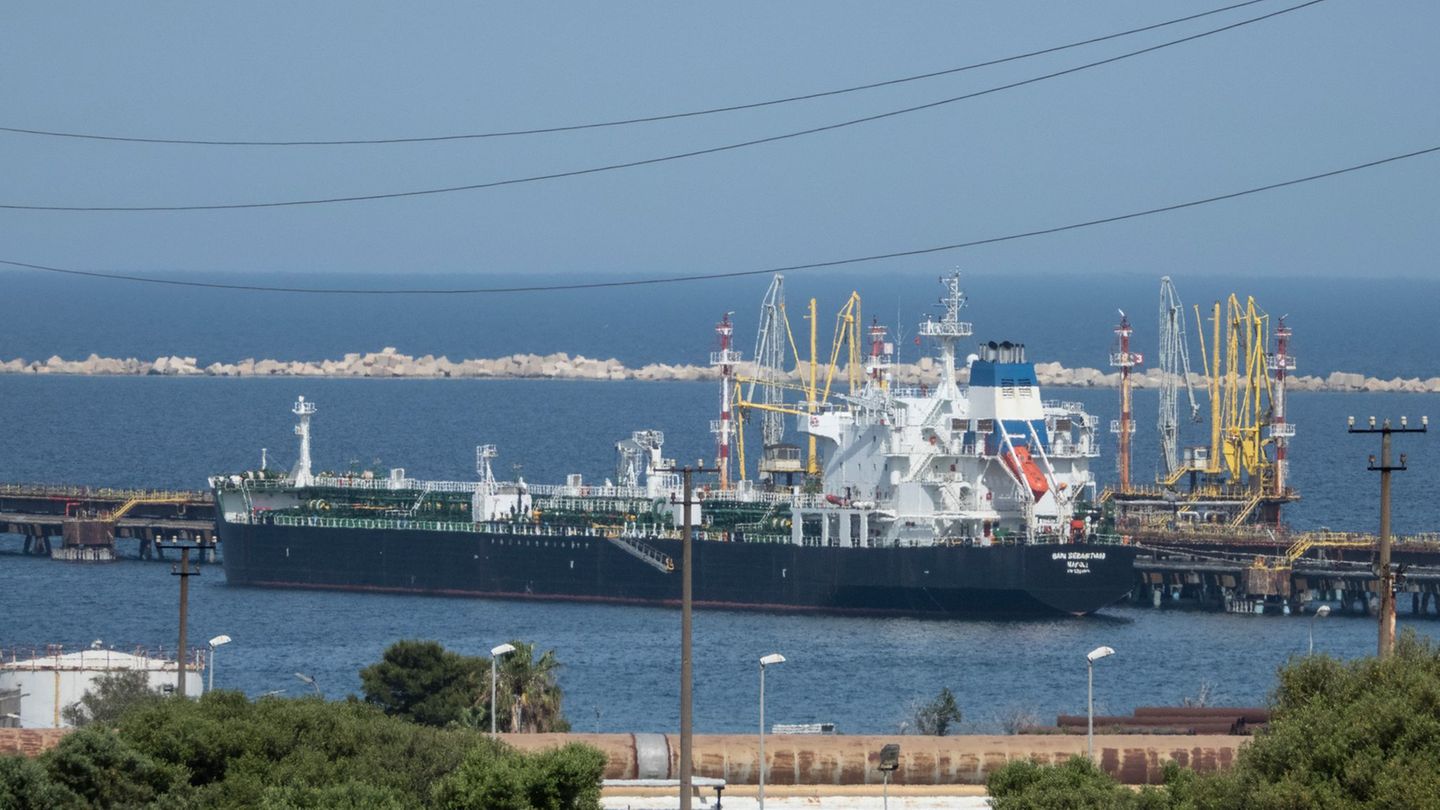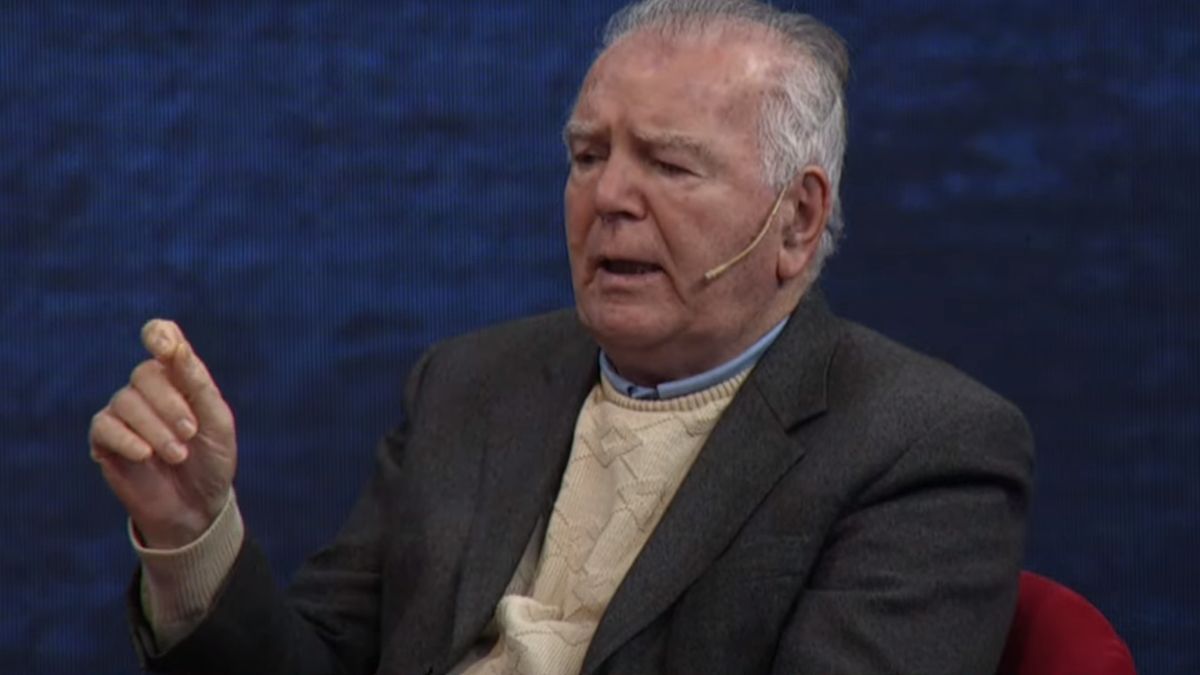This translates into the fact that, by having funds available for payment in the short term to the IMF, there will be no contractionary pressure in the face of the need for foreign exchange and, in effect, an eventual greater deadlock that could have been generated without an agreement. Let us remember that this year a little more than US$ 19,000 million of the loan are due stand-by.
Bookings
With the agreement, a greater space is created for the central bank in reserve management and, consequently, monetary policy. Decompressing the pressures on currencies means avoiding, in principle, greater restrictions on the foreign exchange market and foreign trade on the import side. The ability to import from a country naturally determines economic activity, mainly in the case of our country, the ability to supply goods and services of industrial origin, to which energy is added.
Energy
Even more so in a context where the Argentine economy needs foreign exchange to sustain economic recovery and transform it into growth. In this context, the bad news of the increase in energy prices derived from the conflict is circumscribed Russia-Ukraine.
Although the economic program drawn up by the Ministry of Economy it was not approved together with the agreement, as initially intended, the agreement with the IMF is not going to solve the problems presented by the national economy by itself. Several crossroads for economic strategy arise here. On the one hand, the need to lower the primary fiscal deficit and monetary financing for the public sector is complex compared to the need to sustain economic activity. In this sense, reducing the fiscal deficit requires a cut in subsidies in public service rates and, given a potential increase in energy, this would be more complex.
The increase in energy rates mentioned in the economic program was established prior to the Russian invasion of Ukraine. The analysis must be in the amount of the impact on the cost of energy derived from the current war conflict and its potential transfer to prices or, a greater fiscal deficit to avoid this transmission.
Inflation
Another challenge is disinflation in a world of higher inflation. The minister raised the need for a reduction in Central Bank assistance and, in turn, a positive real interest rate in order to rebuild the local financial market. This implies a higher cost of credit and future challenges regarding the ability to pay debt in pesos. Less monetary financing implies that the public sector is financed in the market and, meanwhile, a level of positive interest rates implies higher services on the debt in local currency.
In this context, the need for a stabilization program with cohesion of all sectors of society is unquestionable. Otherwise, the agreement with the IMF will be just a temporary macro-financial arrangement that will be subject to various pressures with uncertain results. Let’s remember the armor and other similar programs.
Source: Ambito
David William is a talented author who has made a name for himself in the world of writing. He is a professional author who writes on a wide range of topics, from general interest to opinion news. David is currently working as a writer at 24 hours worlds where he brings his unique perspective and in-depth research to his articles, making them both informative and engaging.




